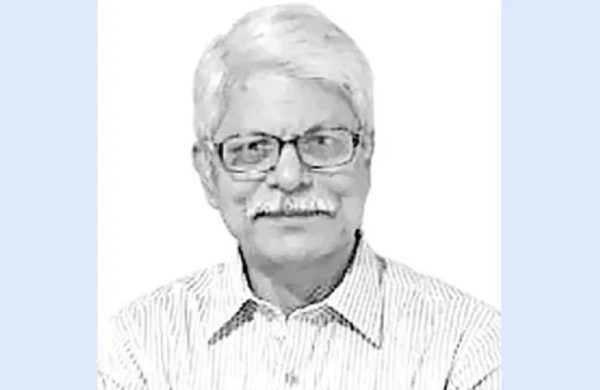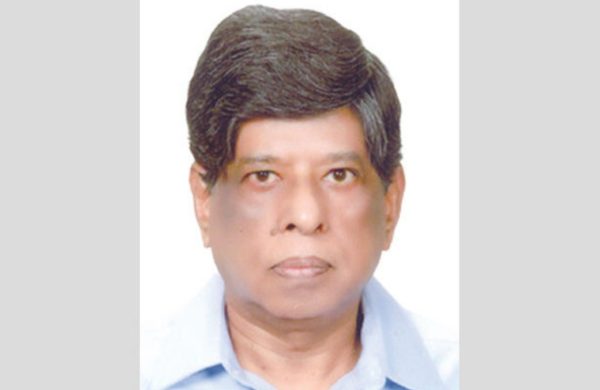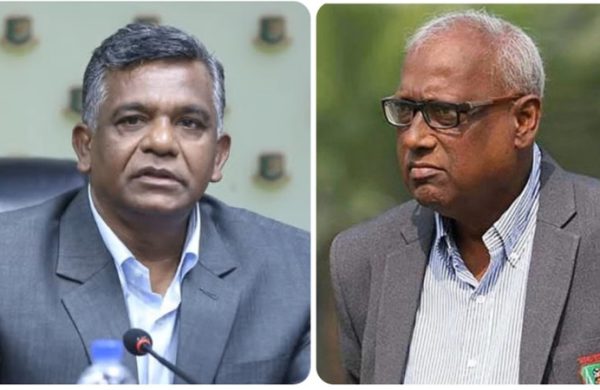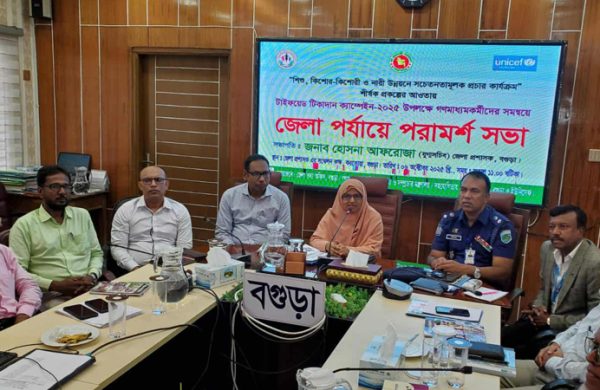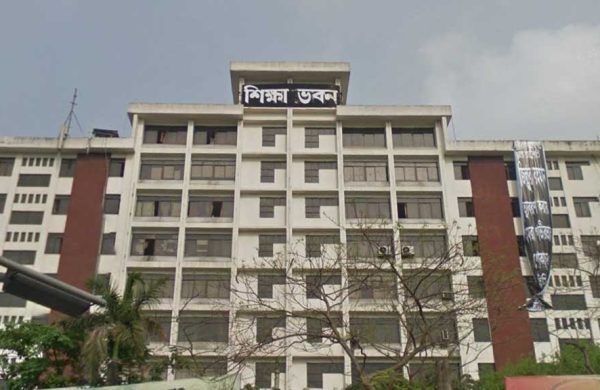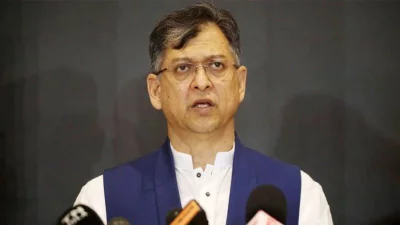How business-friendly is our politics?
- Update Time : Saturday, October 4, 2025

—Audite Karim—
Politics is the driving force of a state, and the backbone of politics is the economy. Politics and the economy are like parallel railway tracks – one cannot function without the other. If politics is not investment- and business-friendly, the economy loses momentum, and if the economy collapses, politics too becomes vulnerable. Unfortunately, in Bangladesh, this age-old socio-economic philosophy has been neglected time and again. That is why, even after 54 years of independence, neither our politics nor our economy has advanced in the right direction. Democracy has stumbled repeatedly in politics, and the rights of the people have been suppressed. In place of democracy, autocracy has been imposed upon the citizens. Similarly, despite having enormous potential, our economy has failed to achieve its desired success.
It is politics that envisions and shapes the economy of a country. Political ideology and policy determine the course of economic development. In Bangladesh, both the state governance and economic policies have undergone fundamental changes over the past 54 years, but the economy has never been allowed to move steadily on a proper track.
After the Liberation War, independent Bangladesh began its journey with a socialist economic model. The private sector was shut down. The dreams of countless young people, who aspired to become entrepreneurs instead of job-seekers, were strangled. Inevitably, unemployment, frustration, and anger among youth increased. Many disillusioned youths drifted into crime such as robbery, extortion, and mugging. After 1975, Bangladesh opened its doors to a free-market economy, and from there, the wheel of the economy began to turn forward.
Within a short time, thanks to the relentless hard work and intelligence of private entrepreneurs, Bangladesh’s growth started to rise. The private sector became the lifeline of the economy. Without state patronage, our entrepreneurs transformed the so-called “bottomless basket” into a symbol of unlimited potential. Where Bangladesh’s economy stands today is entirely to the credit of our private entrepreneurs. Yet over the last half century, the private sector has been treated like an abandoned child – neglected and deprived. Neither the state nor political parties have truly supported private enterprise. Instead, political parties have often used businessmen only for their own interests, creating divisions among entrepreneurs and injecting partisan politics into the private sector. Politicians recruit businessmen into their parties mainly for financial gain, leading to the politicisation of business. Whichever party comes to power seeks to make entrepreneurs fully subservient. Without allegiance to the ruling party, obtaining bank loans, gas connections, or even basic approvals becomes impossible. Added to this are corruption and extortion. To protect industries and sustain enterprises, almost all entrepreneurs are forced into compromise.
Political parties have also harmed the economy in another significant way. They began making loyal party workers rich overnight through the politics of tender manipulation. Party activists turned into contractors and businessmen. By distributing licences, permits, and favours among loyalists, the economy fell into a spiral of criminalisation. Political cadres were appointed as directors of state-owned banks, opening the door to bank looting. Loans worth thousands of crores were given to shell companies with no existence, not for investment but for looting and enriching political leaders. These loans were never meant to be repaid, leading to the collapse of discipline in the banking sector. Licences for private banks were also granted based on political loyalty, putting depositors’ money at risk. Genuine entrepreneurs suffered most – facing higher interest rates, arbitrary barriers, and an increasingly hostile business environment. Many were forced into default by the vicious cycle of the banking sector. High interest rates drove entrepreneurs into paralysis; some left the country altogether. A climate was created where doing business itself was made to look like a crime, as if creating employment was an offence.
Entrepreneurs who tried to remain independent of the government were targeted by agencies such as the NBR. Thus, the country’s most promising private sector became hostage to the narrow interests of political parties. Meanwhile, NGOs emerged to utilise foreign development aid. Although their stated mission was to change the fate of the poor, in reality, they served donor interests. While they failed to change the lives of the poor, the foreign funds transformed the lives of NGO leaders – lavish offices, expensive cars, and luxury lifestyles, all without capital or labour. A new elite class was created in society. These NGOs not only promoted depoliticisation but also engaged in negative propaganda against private entrepreneurs. Under the cover of development aid, they sought to ensure Bangladesh remained dependent on loans, because a self-reliant Bangladesh would reduce foreign assistance, threatening their wealth. Thus, by the late 1980s, NGOs had become rivals of private investment. Supported by foreign funding, they too ventured into business, often enjoying tax exemptions that private entrepreneurs were denied. This pushed the private sector into yet another unequal competition.
In such a hostile investment environment, the July Revolution took place. The masses, dreaming of a new Bangladesh, toppled autocracy. The idea of state reform began to be discussed. The National Consensus Commission even drafted the July Charter. But in this agenda of state reform, the economy was neglected. There was no discussion on how Bangladesh would advance the private sector, nor on how business-friendly the future state would be. Instead, after 5 August 2024, a trend emerged of portraying private entrepreneurs as adversaries. In just 14 months, thousands of factories were shut down, millions lost their jobs, and industries were subjected to arson, looting, and seizures. Entrepreneurs who created jobs for millions and played a key role in economic progress had their bank accounts frozen for months under the guise of investigations. Character assassination of the private sector became a mission. Today, the entire private sector is fearful and frustrated. In the journey to build a new Bangladesh, the private sector has been pushed aside. The policymakers of the government show little interest in private entrepreneurs; some even appear to have declared war against them.
The Chief Adviser recently returned from attending the UN General Assembly. During the session, he held several meetings on investment. Yet not a single private entrepreneur was included in his delegation. Without including entrepreneurs, how can foreign investment be attracted?
In February, the national election will be held. Political parties have already begun campaigning. Yet, in their manifestos, the private sector is absent. What vision do they have for guiding the private sector if they come to power? Will entrepreneurs once again be forced into blind allegiance to whichever party is in government? This is a pressing question. Political parties must clarify their stance on private entrepreneurs. Just as a flowing river dries up if blocked, the private sector will collapse under persistent obstacles. If that happens, the economy will face a deep crisis, and politics itself will become unstable. The dream of a new Bangladesh will die, leaving us trapped in the same old vicious cycle.
—————————————————————–
Audite Karim is a writer and playwright. Email: [email protected]



